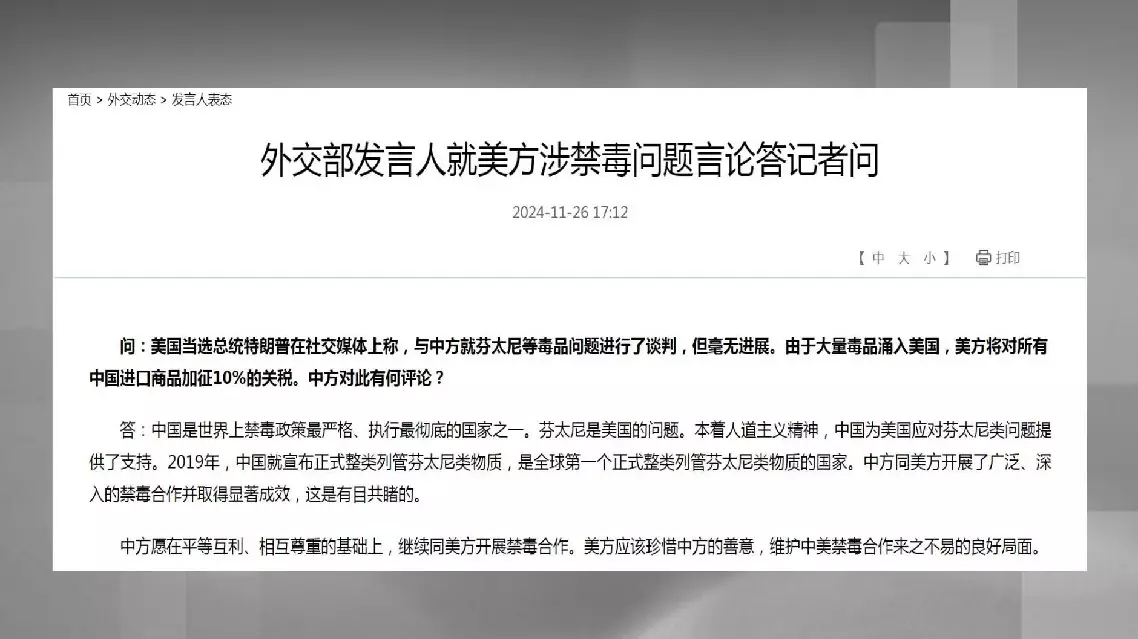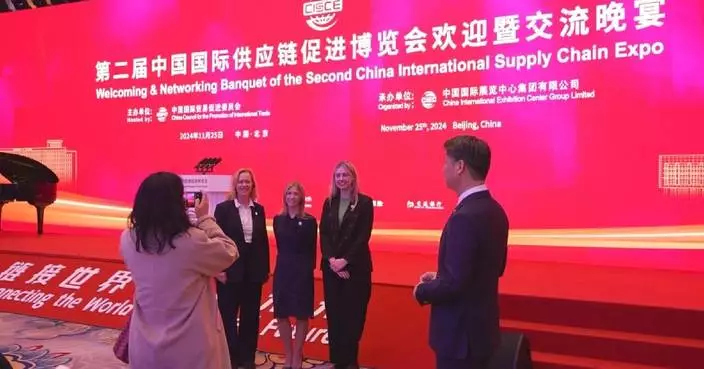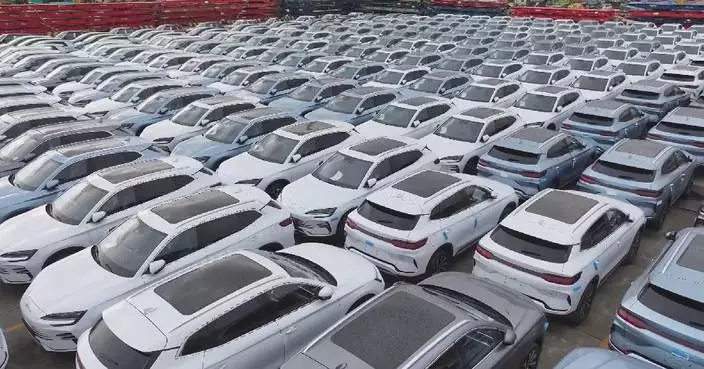Although the globalization process is slowing down, it should not be labeled as re-globalization or de-globalization since global trade figures have continued to rise, said experts in talks with the China Media Group's program Dialogue in Shanghai.
Pascal Lamy, former WTO director-general, noted that the world is witnessing a transformation in globalization, featuring a new balance between security and efficiency, resulting in a different form of global trade growth.
"I'm not sure re-globalization is a proper concept because it implies that we are de-globalizing and we should re-globalize. We are not de-globalizing. If I look at the numbers, world trade is still growing nicely. There's been zero reduction of the volumes of world trade. This is not de-globalization. What is happening is that globalization is morphing. It's not the same kind of globalization, which we have today, from the one we had 20 or 30 years ago," said Lamy.
"At the time, openness was the main doctrine. Today, this openness is mitigated by fear, by national security considerations in the U.S., in China, in Europe. So, we have a globalization which is a different one, with a different balance between security and efficiency. Not to the point of pushing back globalization, but to the point of slowing globalization and making it work differently from the previous period, which is why I don't think it's a re-globalization. It's a slow globalization, slower, it's a different globalization, but not de-globalization," he said.
Zhu Tian, a Professor of Economics at the China Europe International Business School, echoed with Lamy's comments, noting that global trade growth has aligned with economic growth according to the data.
"I fully agree with Lamy's words. It can be said that globalization is slowing down, but it is not de-globalization. Take data for example, in the mid-1980s, global trade accounted for about 35 percent of the total global economy, and the number climbed to over 60 percent, approximately 62 percent, before the 2007 global financial crisis. In 2023 the number returned to 62 percent, reaching the pre-crisis level. In other words, the degree of globalization has reached its historical peak again. In recently, the growth of trade has closely followed the growth of economy, making it difficult to argue that de-globalization is actually happening," said Zhu.

World trade in process of slow globalization, not de-globalization: experts









